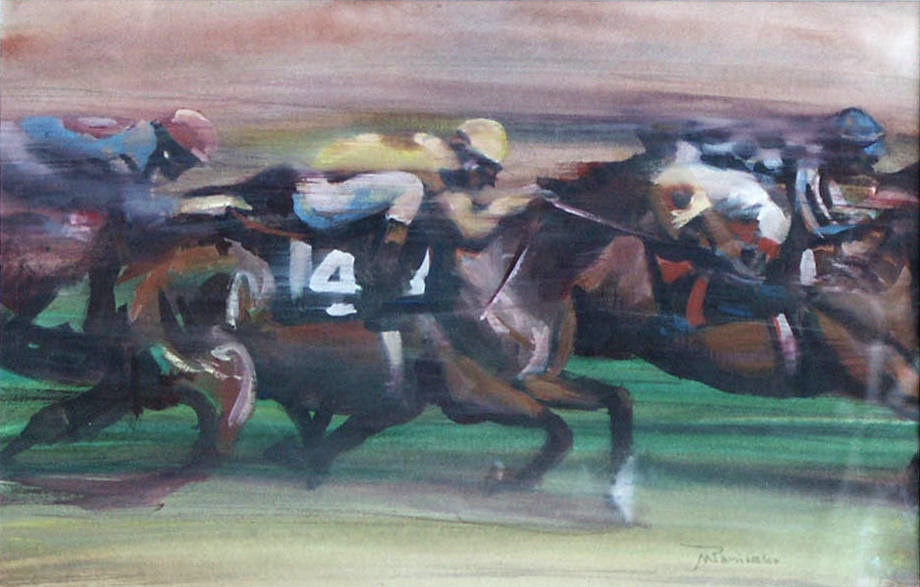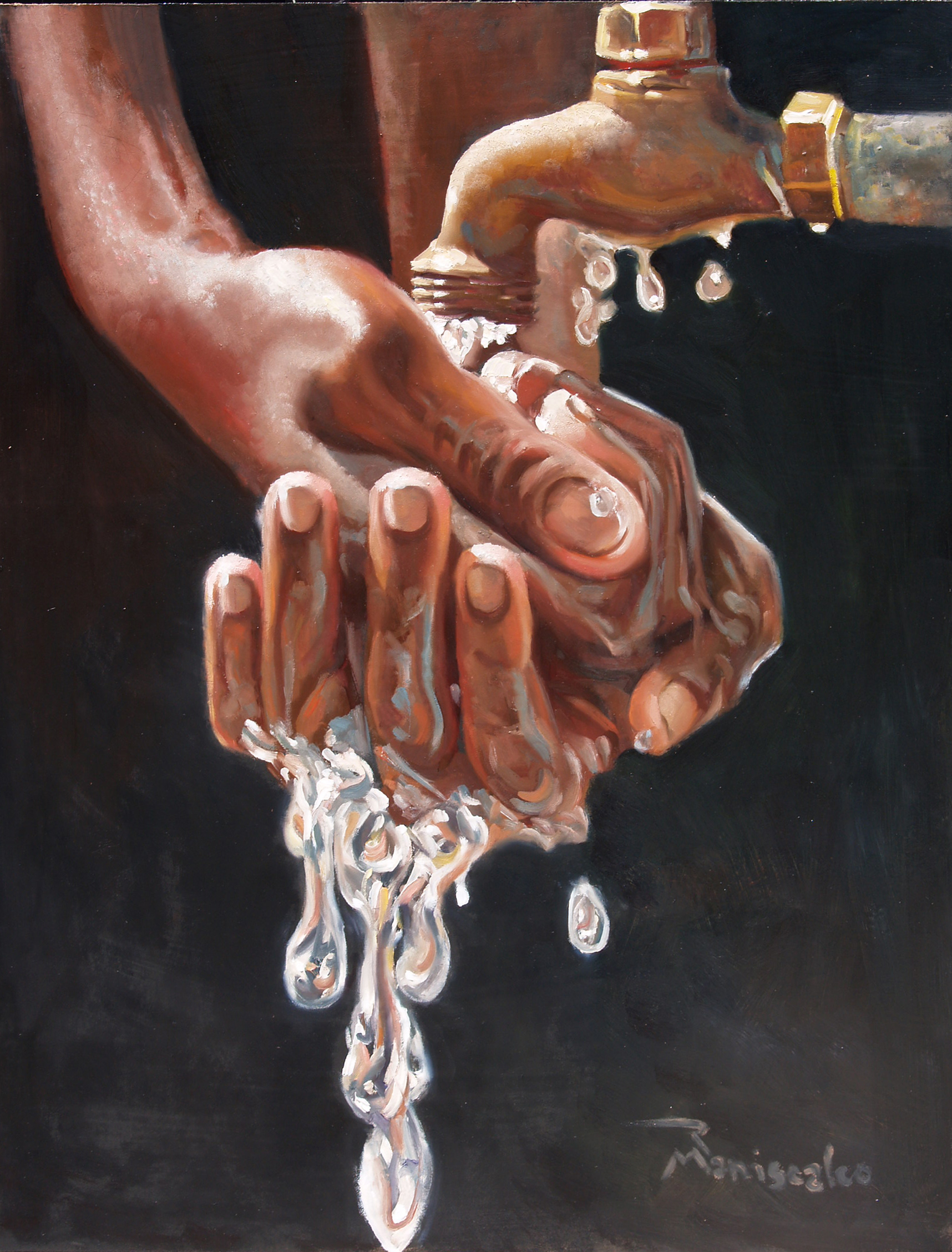 I’ve been singing, acting, writing and painting for many years, thinking I was bringing something to these disciplines, something valuable, something of beauty. It is humbling, to say the least, when we inevitably encounter those moments which awaken us from the delusion of self importance.
I’ve been singing, acting, writing and painting for many years, thinking I was bringing something to these disciplines, something valuable, something of beauty. It is humbling, to say the least, when we inevitably encounter those moments which awaken us from the delusion of self importance.
It is crucial to realize how much more beauty there already is out there, having been and being endlessly produced by others, than anything I could ever hope to bring into the world. It is in these moments, broken, yet inspired by what is possible, when I accept that I am but a poor pretender, a small, tender child of an endlessly loving God.
What kind of a loving God would show me how broken I am, how inferior I will always be, compared to others? After all, this brokenness sounds a lot like bad news. But it really isn’t. Most Christians understand their brokenness as an opportunity to become closer to Christ. Christ the redeemer uses our brokenness and fashions it into the mission He has called us to in life. It is part of our mission to discover the joy, made present by the acceptance of our current circumstances, in the pageantry of our journey on Earth. This is the key to a purpose driven life, indeed the key to happiness itself.
One way to accomplish this is by seeking and finding the golden nugget, focusing on the positive qualities in any given situation. This is known as the Pollyanna principle (also called Pollyannaism or positivity bias). This is based, of course, on the best-selling 1913 novel by Eleanor H. Porter that is now considered a classic of children’s literature.
 One of the great post-war master artists, Richard Diebenkorn, considered the Pollyanna Principle to be among the 10 most important rules by which a true artist must live. It is the tendency for people to remember pleasant items more accurately than unpleasant ones. It is a deliberate effort to find the silver lining, or the positives in any situation. Our focus on the positive elements in our current dilemma, determines our course for future action, leading to the best possible outcome.
One of the great post-war master artists, Richard Diebenkorn, considered the Pollyanna Principle to be among the 10 most important rules by which a true artist must live. It is the tendency for people to remember pleasant items more accurately than unpleasant ones. It is a deliberate effort to find the silver lining, or the positives in any situation. Our focus on the positive elements in our current dilemma, determines our course for future action, leading to the best possible outcome.
God (intuition, the Universe) speaks to us in times of trouble, through gratefulness and appreciation. Identifying what we are grateful for, being intentional about seeking to find what is good in a bad situation, is the most effective way of getting to the next place God wants us to be in our life. God has a way of slamming certain doors while opening others.
 It works in painting too. That is the philosophy behind The Power of Positive Painting, my instructional method. As an artist I must be engaged always in the systematic process of finding what feels right among the chaos I see, staring back at me from the painting. The true artist knows this rightness is what we must build upon if the painting is ever going to proceed to its finish.
It works in painting too. That is the philosophy behind The Power of Positive Painting, my instructional method. As an artist I must be engaged always in the systematic process of finding what feels right among the chaos I see, staring back at me from the painting. The true artist knows this rightness is what we must build upon if the painting is ever going to proceed to its finish.
I have found things rarely go as planned in life. God almost always has a different plan. Focusing on the good not only feels better than dwelling on the problem, it is also what leads us to the next big thing.

 Would you like to get inspiration in your inbox, rather than ads for more stuff? Welcome to ManiscalcoGallery.com
Would you like to get inspiration in your inbox, rather than ads for more stuff? Welcome to ManiscalcoGallery.com